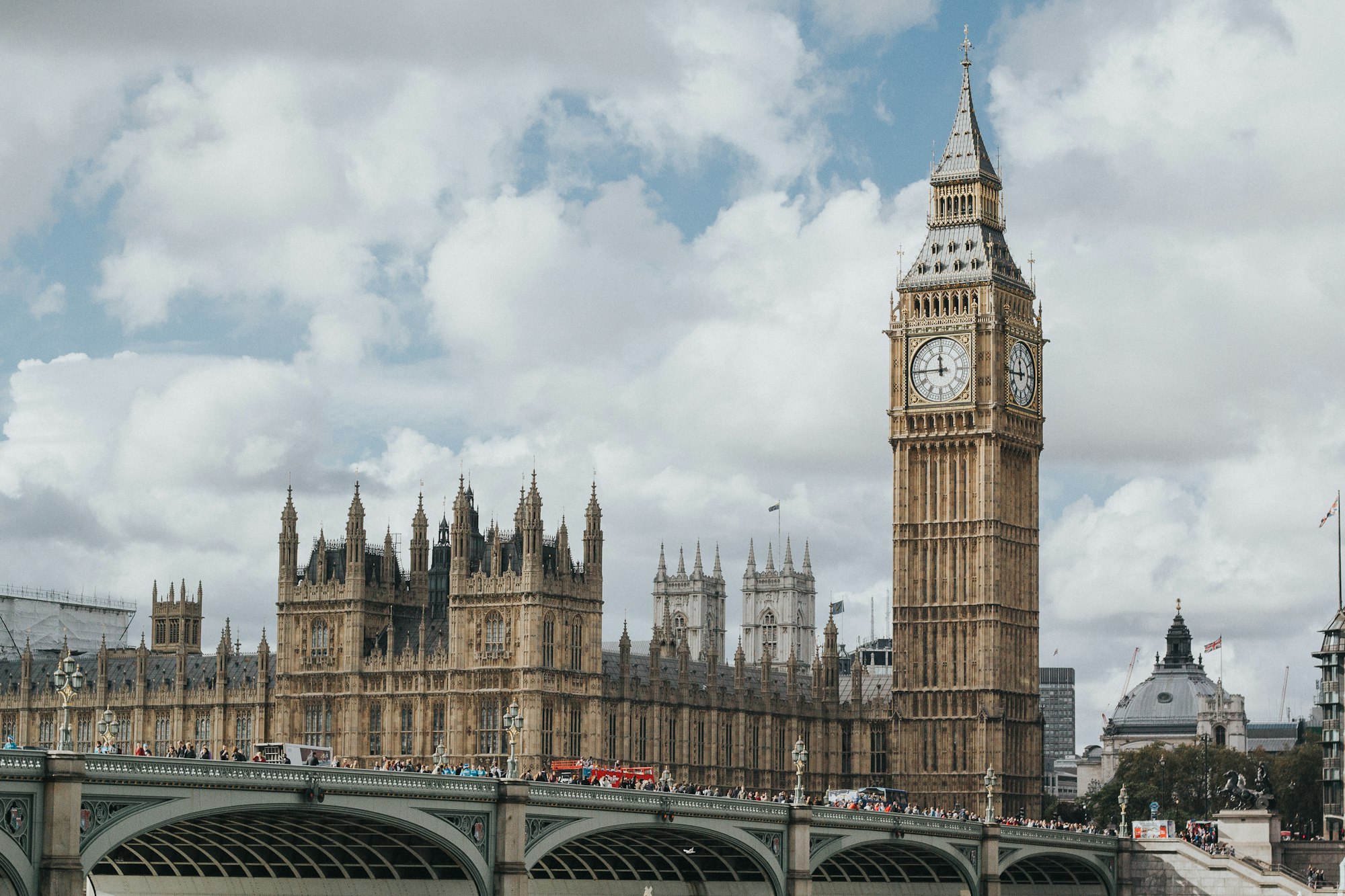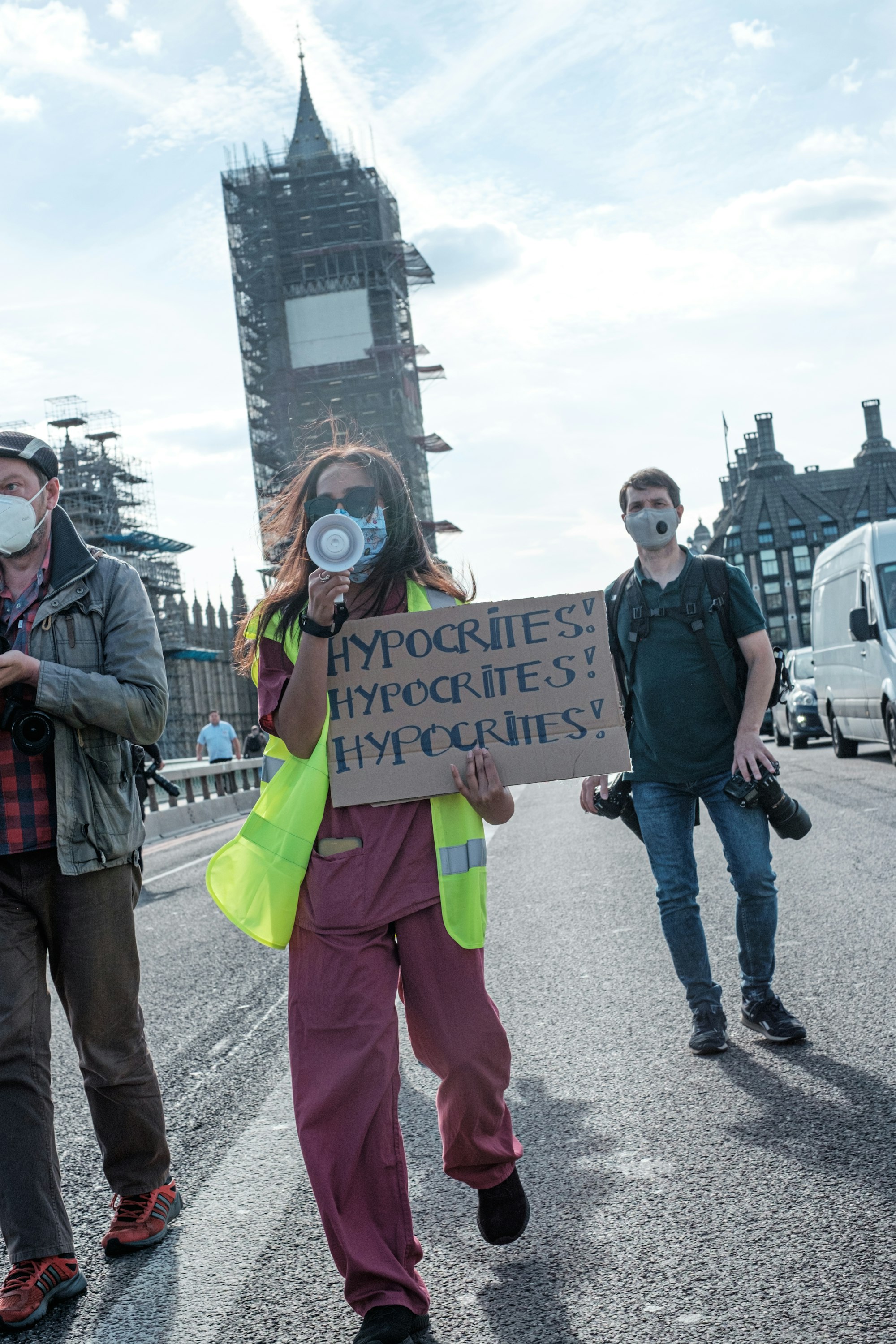View the Country Report for the United Kingdom in the Oxford Compendium of National Legal Responses to Covid-19
The United Kingdom has been caught between multiple crises across 2020 and 2021. Having officially left the European Union on 31 January 2020 after a fraught period of withdrawal negotiations and exceptional internal political upheaval, its response to the outbreak of the pandemic was slower than its neighbours elsewhere in Europe. Despite having nationalised health service, one of the world's finest medical academies, and a clear (if late) commitment by national and devolved governments to taking public health interventions seriously, the UK nevertheless managed to have one of the highest case fatality rates in the world. It did so despite having imposed three 'lockdowns' which included stay-at-home orders from 26 March 2020 and first relaxed on 13 May; from 5 November - 3 December 2020; and from 5 January 2021 to 1 June 2021. The combined effect of a strong lockdown and rapidly deployed vaccination campaing in early 2021 resulted in a sharp drop in fatalities across early 2021. On 17 July 2021, most of the remaining restrictions on venues and gatherings were lifted in what was referred to as 'freedom day' by the Prime Minister. Within weeks, mask wearing in public transport and shops dropped precipitously, sometimes disappearing altogether, while contact-tracing check-in to venues disappeared and Covid-19 passes were considered but set aside. While fatality rates did not rise substantially, infection rates remained stubbornly high across the 2021. By 8 December 2021, over 80 percent of the adult population being fully vaccinated (with nearly 40% receiving a third, booster shot). It seems likely that a combination of high vaccination and high immunity from widespread previous infections has managed to allow the population to avoid the worst of the autumn 2021 wave that swept several European neighbours.
Formally a country with unitary rather than federal government, the UK nevertheless devolves substantial legislative authority to the Scottish Parliament, Northern Ireland Assembly and Welsh Parliament (Senedd), with each also having devolved governments. Relations between the nationalist Scottish Government and the UK have been fraught, with a 2014 independence referendum held in Scotland resulting in a narrow margin (55%) in favour of remaining in the United Kingdom. The clear pro-EU remain vote in Scotland, coupled with a widely perceived superiority of the Scottish Government's response to the pandemic, has added considerable support to calls for a second independence referendum. Scottish elections were held on 6 May 2021, returning 64 of the 65 seat-majority to the Scotish Nationalist Party. A coalition/confidence and supply agreement was concluded with the Scottish Green Party in August 2021, with both parties backing an independence referendum. The UK Government currently refuses to allow this.




